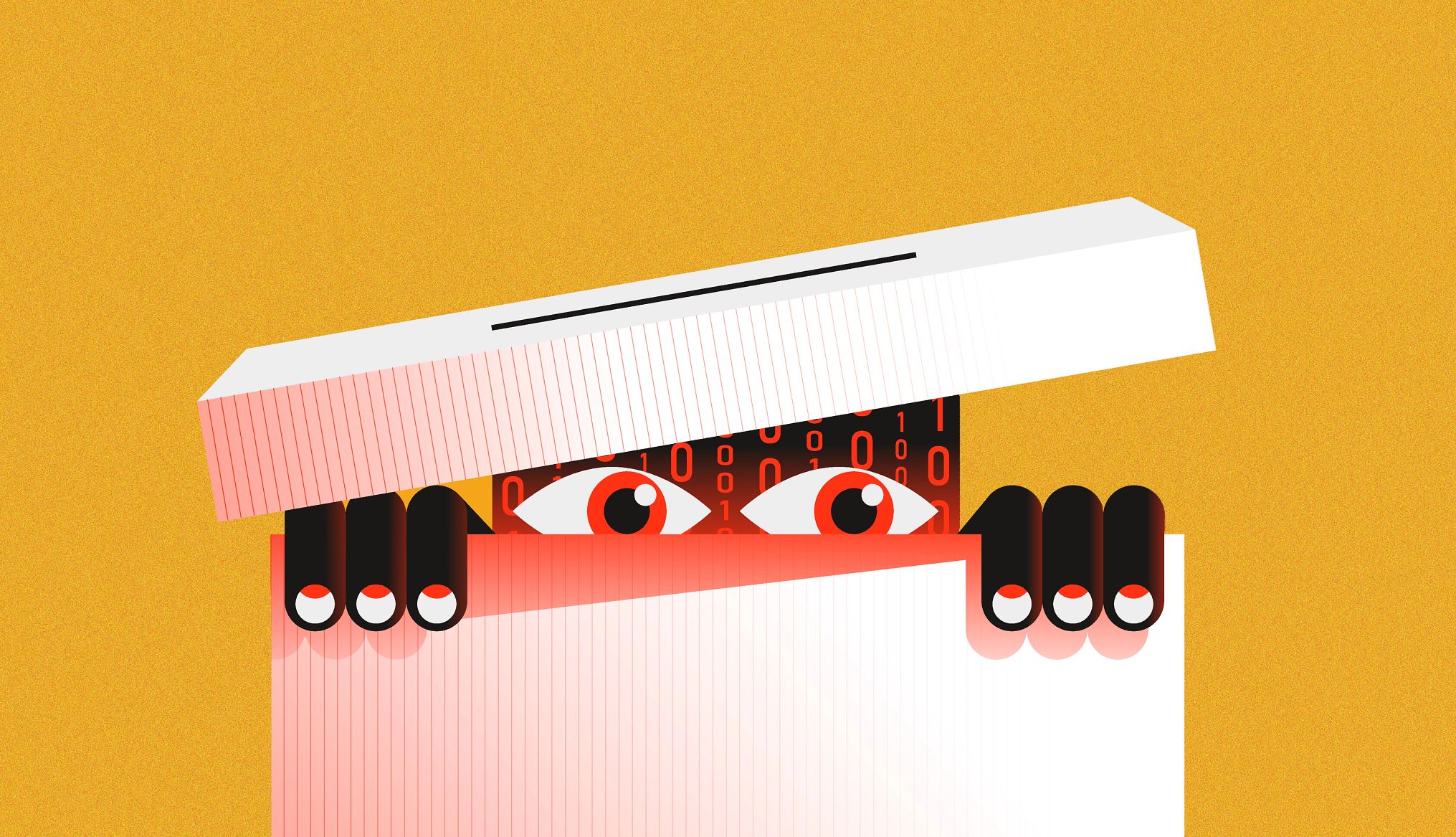AARP Hearing Center
In 2023, PayPal was the third-most impersonated brand reported by consumers, according to the Federal Trade Commission. While phishing attempts using the names of well-known companies are not new, the AARP Fraud Watch Network Helpline has seen a rise in reports of PayPal scams involving cryptocurrency.
Here’s a closer look at how some PayPal scams work and steps to safeguard yourself.
How It Works
- You receive an email from PayPal with an invoice for a high-value purchase, such as cryptocurrency or anti-virus software, that you never made.
- To dispute the transaction, you’re urged to call the customer service number provided on the invoice.
- When you call, you may be asked for personal or payment information to verify your identity and warned that your account has been compromised.
What You Should Know
- Unexpected emails urging you to act fast, click a link, or call a number are often phishing scams.
- Their goal is to connect you with a spoofed website or fake customer service representative so criminals can steal your personal and financial information, or worse, access information to take over your online accounts, including financial accounts.
- Delivery of fake invoices may also come via PayPal’s system, so they appear in the recipient’s PayPal account and email inbox. This makes the scam look more convincing.
What You Should Do
- Be cautious of urgent messages claiming to be from PayPal, pressuring you to call quickly to resolve an alleged account issue.
- If you receive a suspicious invoice or money request, don’t engage with it in any way.
- To report a potentially fraudulent invoice, log in to your PayPal account directly through its verified website or app and use its official customer service channels.
































.jpg?crop=true&anchor=13,195&q=80&color=ffffffff&u=lywnjt&w=2008&h=1154)































